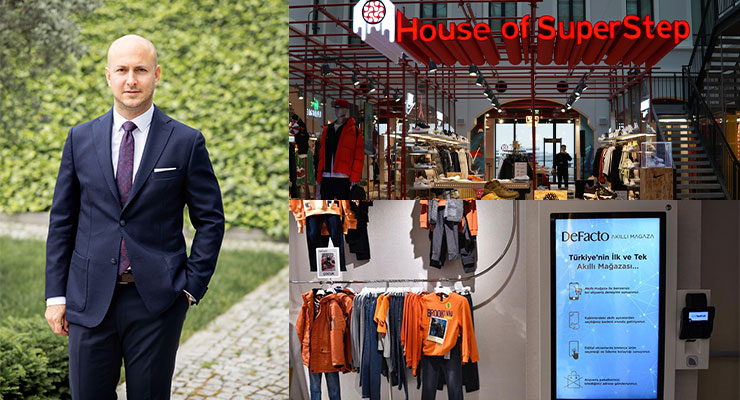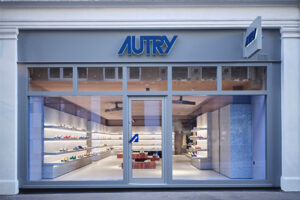by Ortaç Özortaç
Traditionally, retail success has been measured by sales per square meter. While this metric remains important, it no longer captures the full potential of a store. Today’s retail requires a broader definition of success that emphasizes the quality of experience offered per square meter. This requirement recognizes that by making stores more appealing and offering memorable shopping experiences, customer brand loyalty will increase, and profits will increase in the long term.
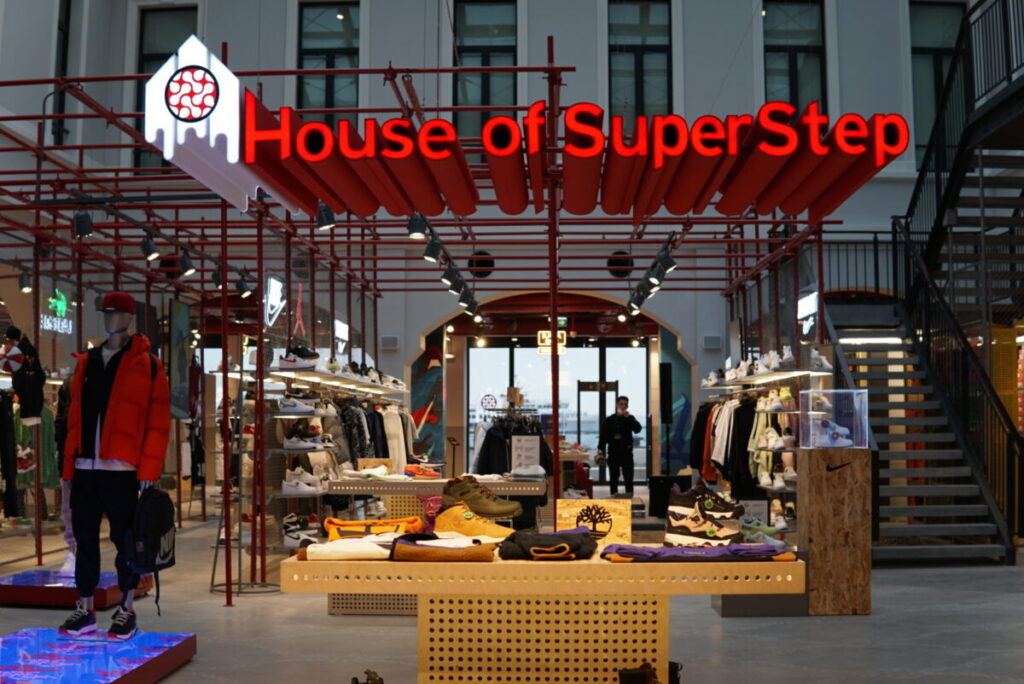
At House of SuperStep, personalization is at the heart of the in-store experience. The customization team meticulously designs every detail according to customers’ preferences, creating unique and bespoke designs. The customization service offered in stores enables the provision of products that perfectly reflect customers’ styles. With this special service, everyone at House of SuperStep can create their own unique style. /// credit: House of SuperStep
Retailers should prioritize creating spaces that offer unique experiences, blending shopping with leisure and entertainment. For example, House of SuperStep stores in Istanbul have redefined retail by incorporating immersive and interactive elements that captivate customers and encourage them to spend more time in the stores. With the “customization” team within the stores, they allow customers to create unique and personalized designs that are carefully crafted according to their wishes. In addition, they have created deeper emotional bonds between the brand and their customers by offering experiences such as digital game areas, DJ performances, tattoo studios (Land of Legends, Antalya), and sports areas.
Shopping With All Senses
A shopping experience that stimulates multiple senses creates memorable and enjoyable visits by connecting with customers on various levels. This approach goes beyond visual selling arrangements to include sound, smell, touch, and even gustatory elements. New technologies such as artificial intelligence (AI) offer exciting new opportunities to create multi-sensory experiences. AI can curate music playlists that match the store’s atmosphere, adjust lighting based on customer behavior, and provide personalized product recommendations through interactive displays. With AI, sensory experiences can be further enhanced by allowing customers to visualize products or interact with virtual elements in the store. For instance, DeFacto made history in Turkey by opening a smart store in Istanbul at Akasya Shopping Center in 2019. Shoppers are assisted by robot advisors and can select product colors and sizes using virtual reality glasses. This step by DeFacto has created a virtual shopping experience by utilizing various senses.
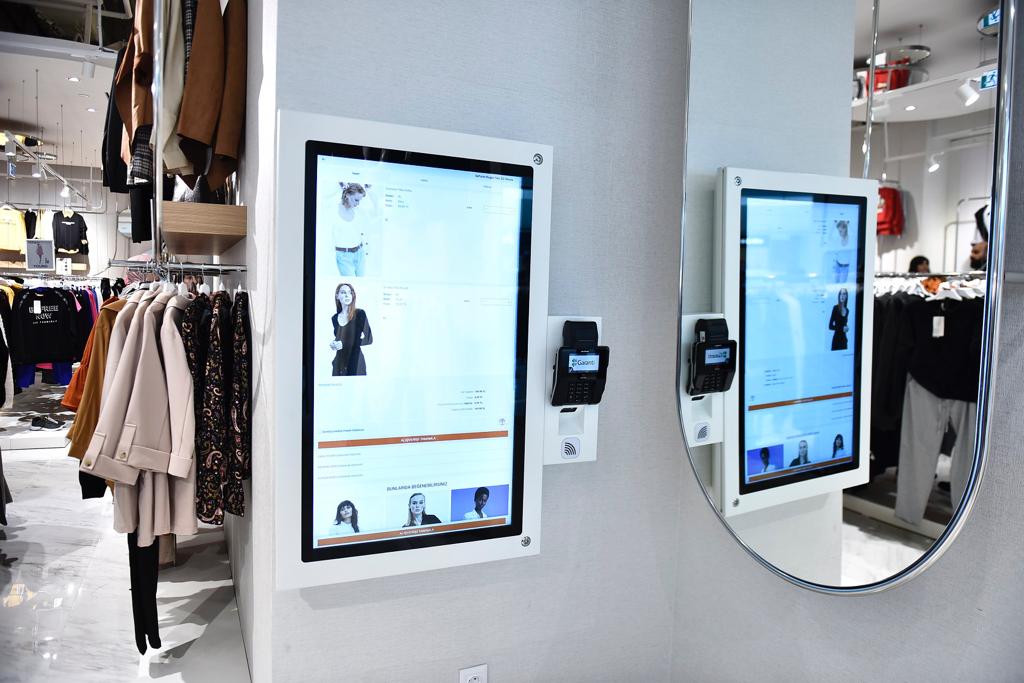
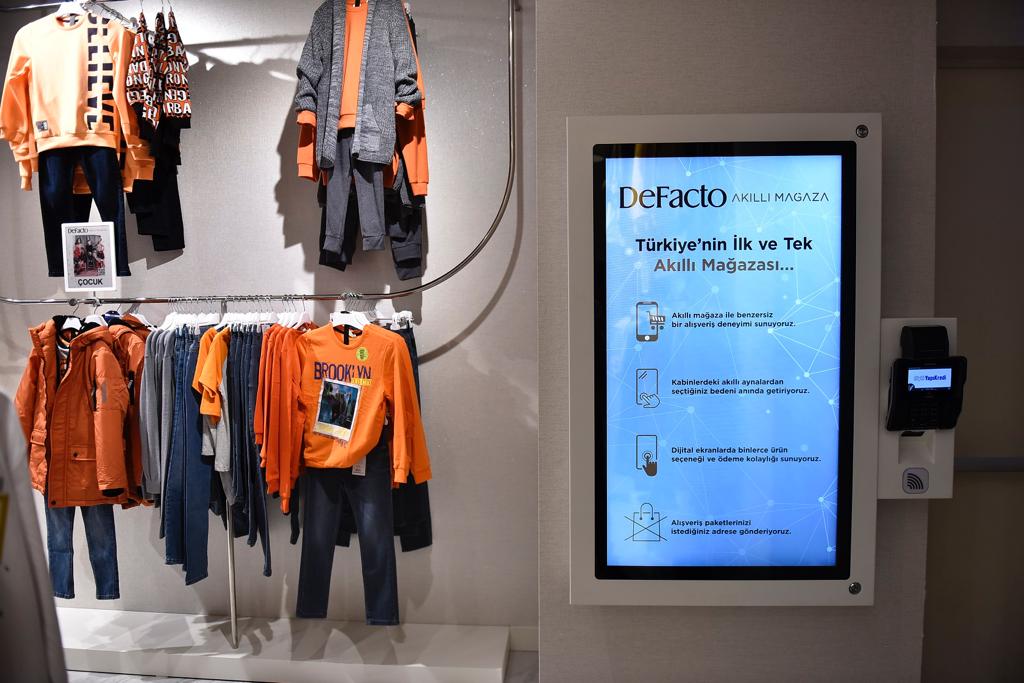
De Facto is one of the most successful Turkish fashion brands with ambitious plans for the European market. Technology plays a major role in serving the needs of customers and providing them with a positive, convincing, and fun shopping experience.
Unintrusive Advertising
Advertising in retail should be integrated into the store environment and sales points without disrupting the customer experience. For example, digital screens showing targeted promotions based on customer demographics and behavior, QR codes that don’t interrupt shopping, and interactive kiosks offering additional information and special offers encourage customers to engage with the brand. This approach not only boosts sales but also enriches the shopping experience.
Measurable Experience Strategies
Leveraging data analytics to gain insights into customer behaviors and preferences allows experience-focused strategies to be optimized. Heat maps that track areas where customers spend the most time can identify traffic zones and potential bottlenecks. This enables retailers to improve product placement, store navigation, and the overall shopping experience. Additionally, measuring customer footfall and determining visitor potential helps tailor marketing and inventory management to better meet customer needs.
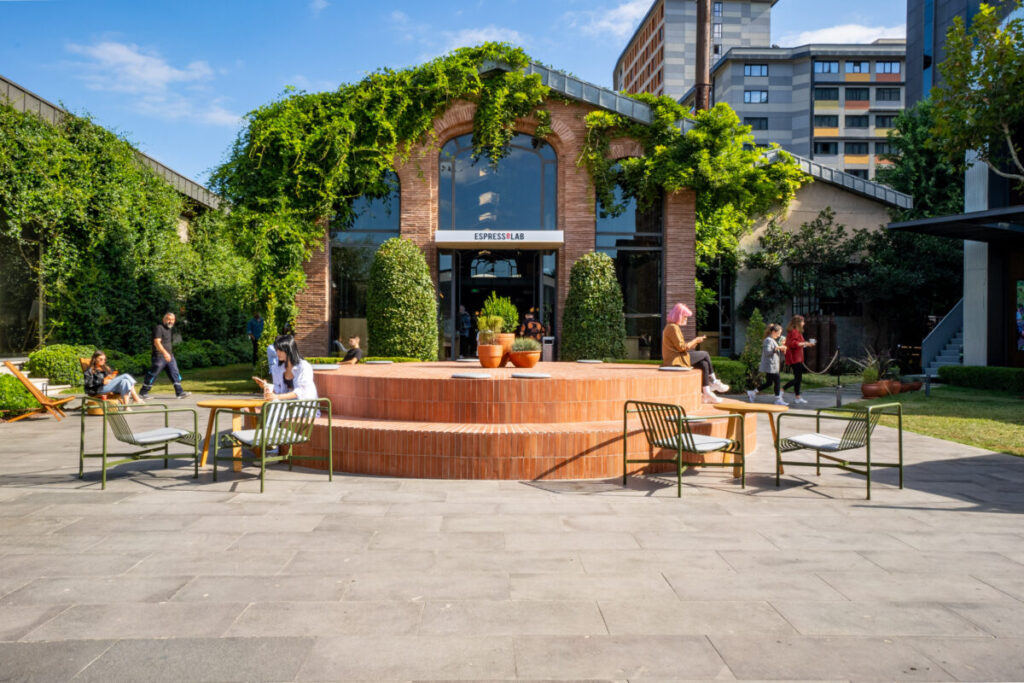
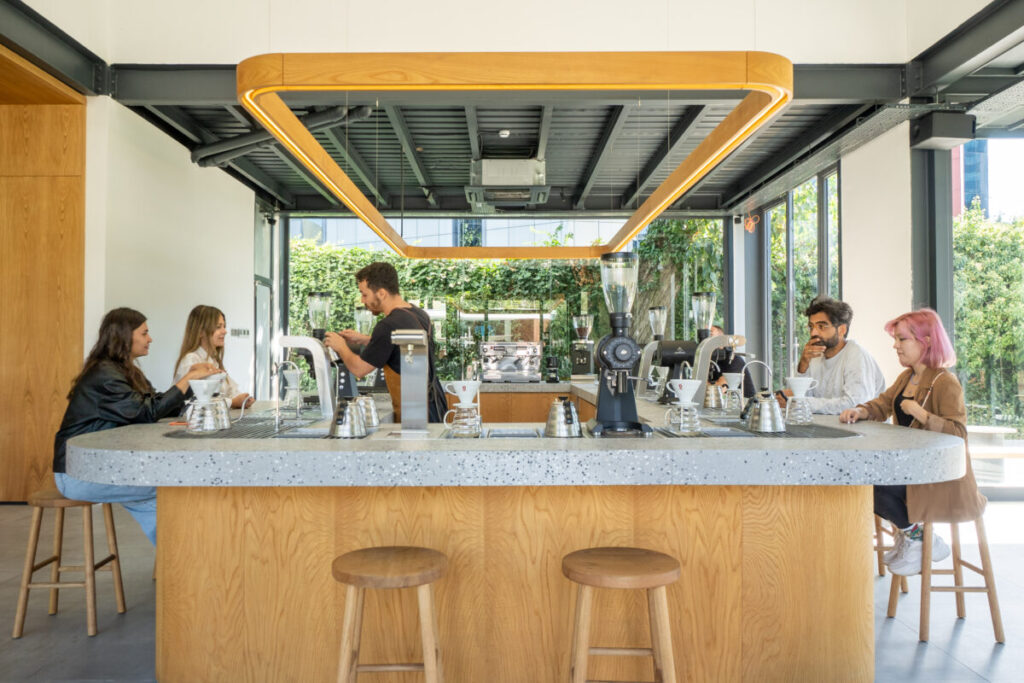
Espressolab does not only brew coffee but also offers workshops or events.
Innovative Store Concepts
There are many examples that demonstrate the power of rethinking physical retail and developing innovative store concepts. One notable example is Espressolab Roastery in Merter, which exemplifies these innovative approaches. Opened in 2022, the Espressolab Roastery not only allows visitors to drink coffee, but to also learn and experience the coffee-making process and participate in barista workshops. Another successful example is Eataly at Zorlu Center, a global Italian marketplace chain. The brand offers a unique and enjoyable retail experience by combining shopping, dining, and learning elements.
In conclusion, by focusing on experience in retail, integrating advertising into the shopping experience without being intrusive, using measurable data-driven strategies, and creating engaging and memorable shopping environments, it is possible to build customer loyalty and enhance long-term success. As the examples show, those who prioritize experience in the dynamic and ever-changing new era of retail will be the ones who will succeed.

Ortaç Özortaç
Ortaç Özortaç is Partner at Weconsult

